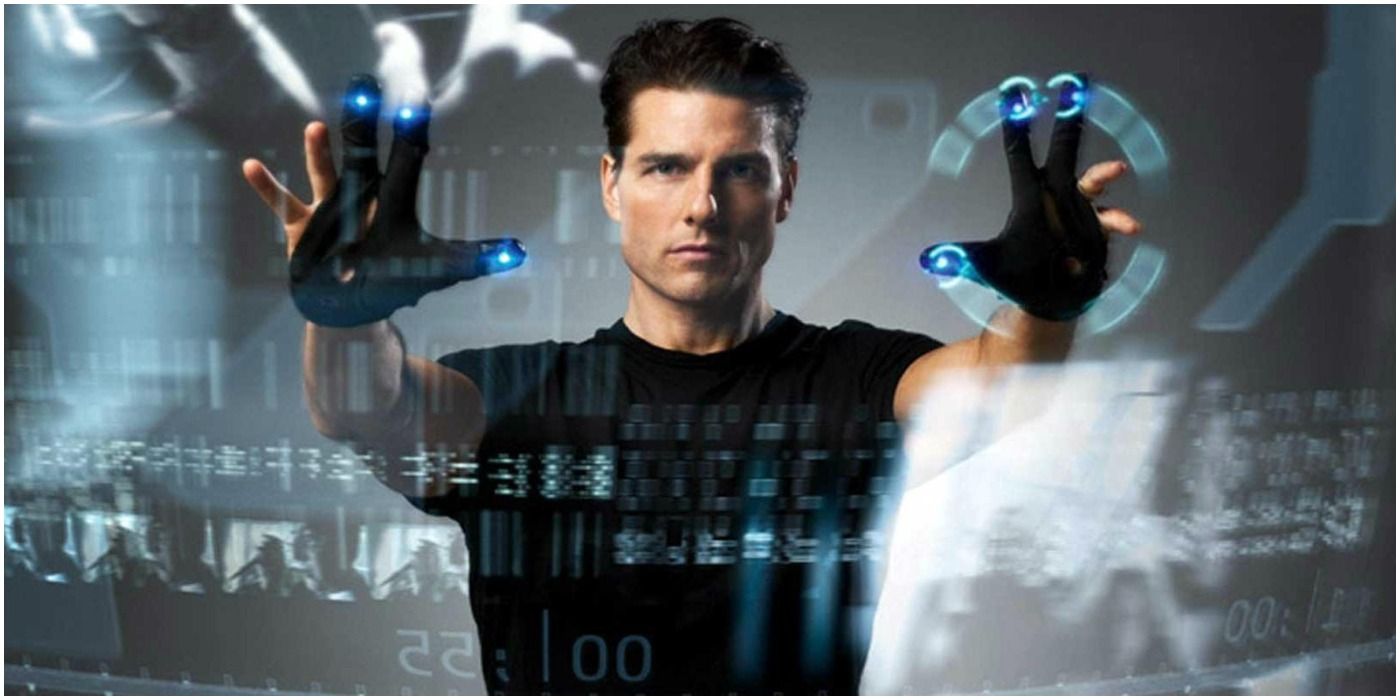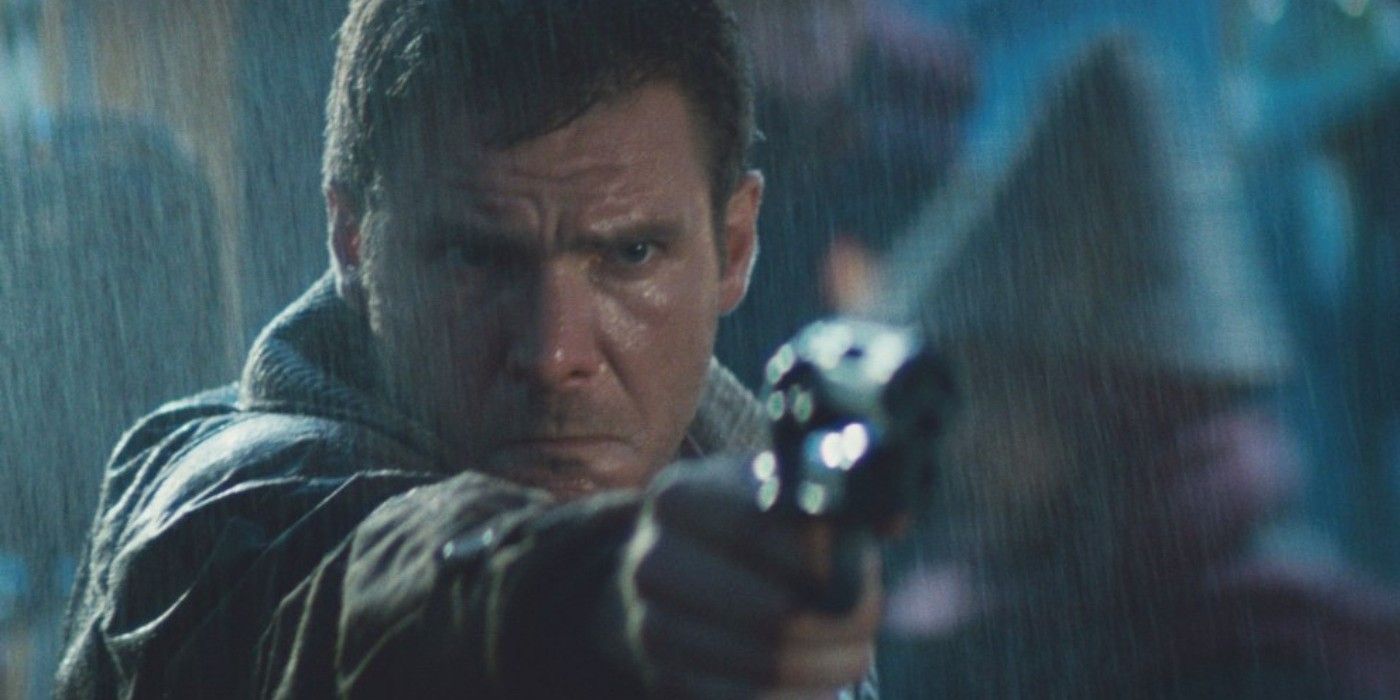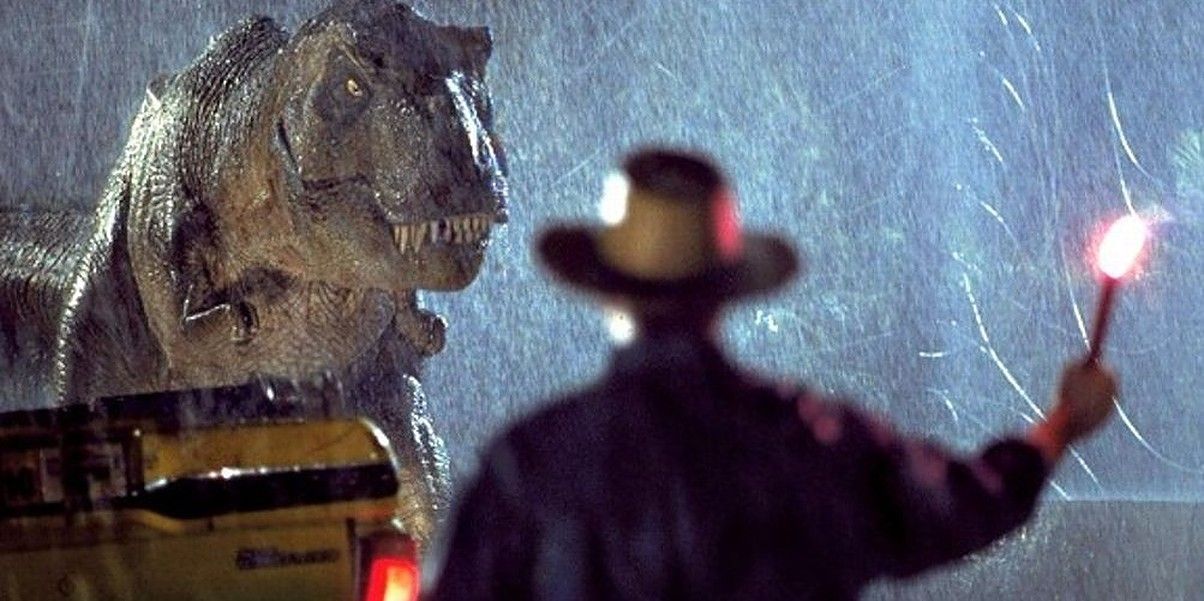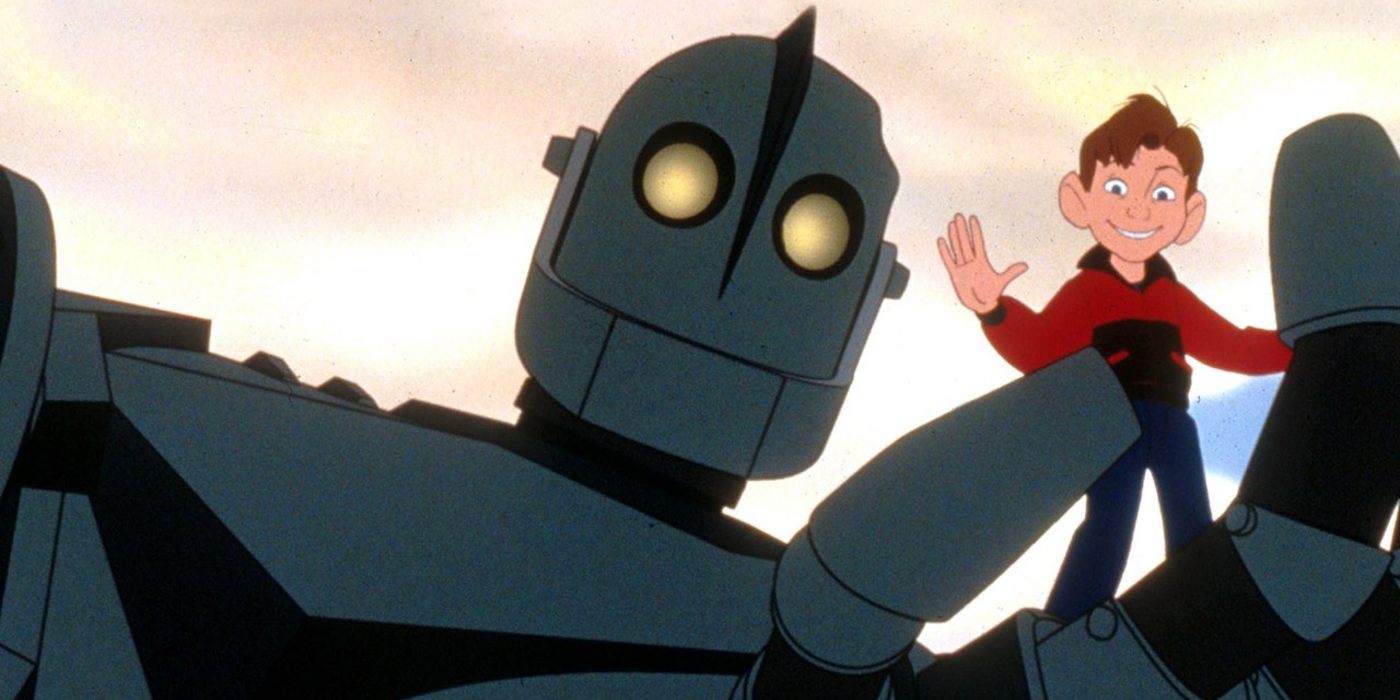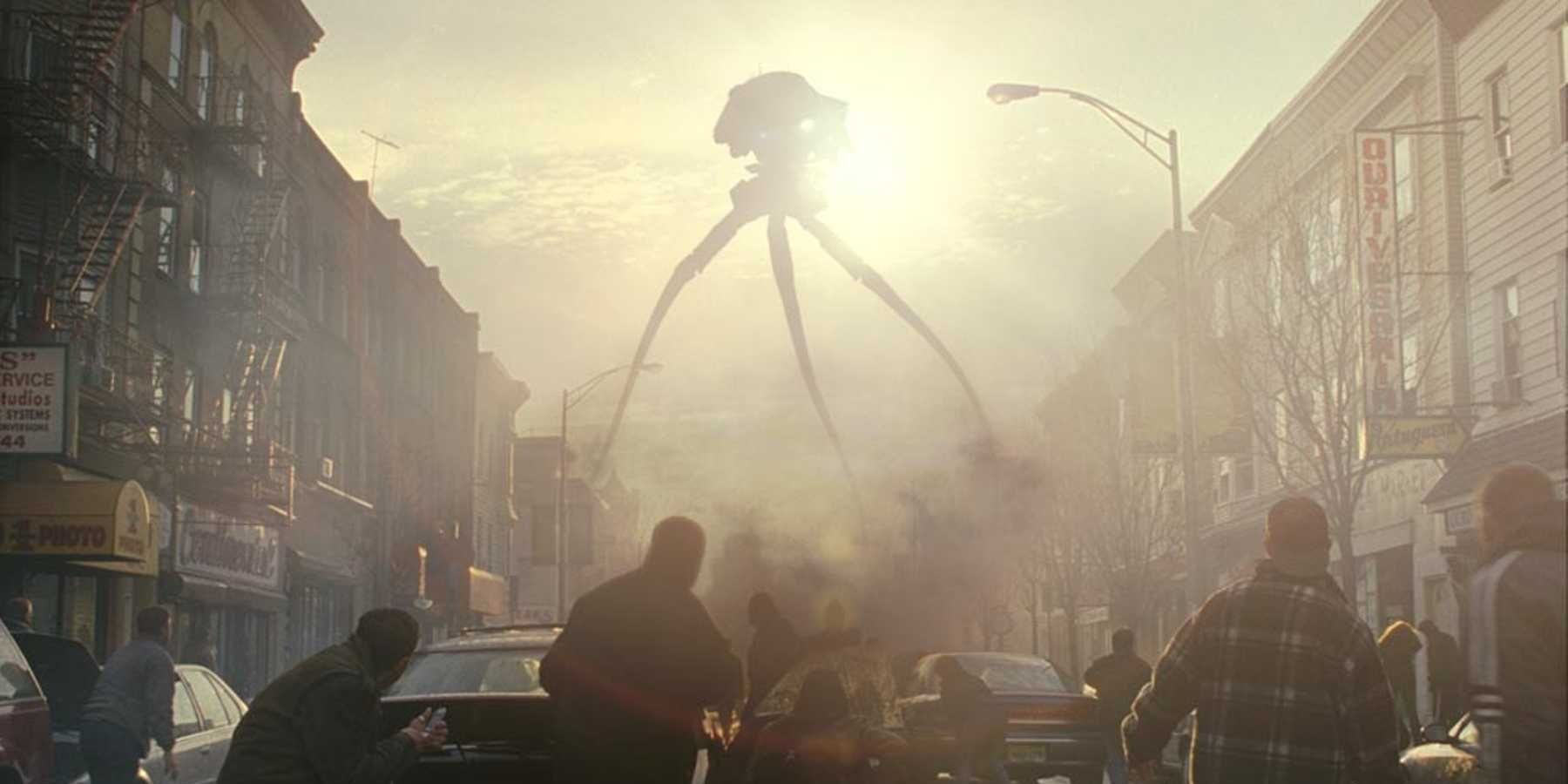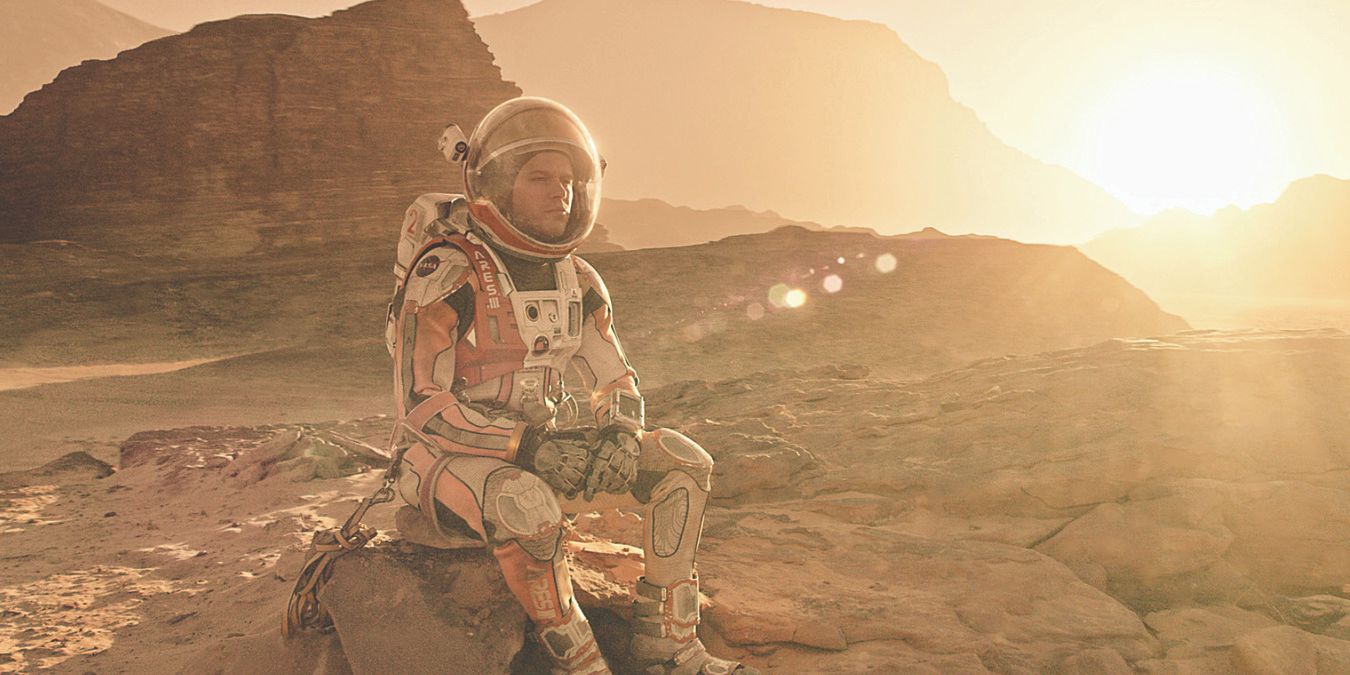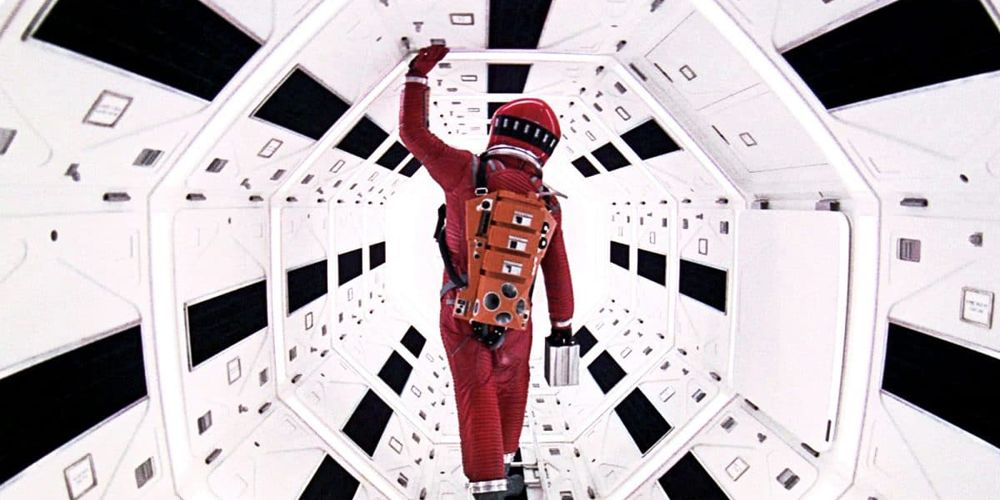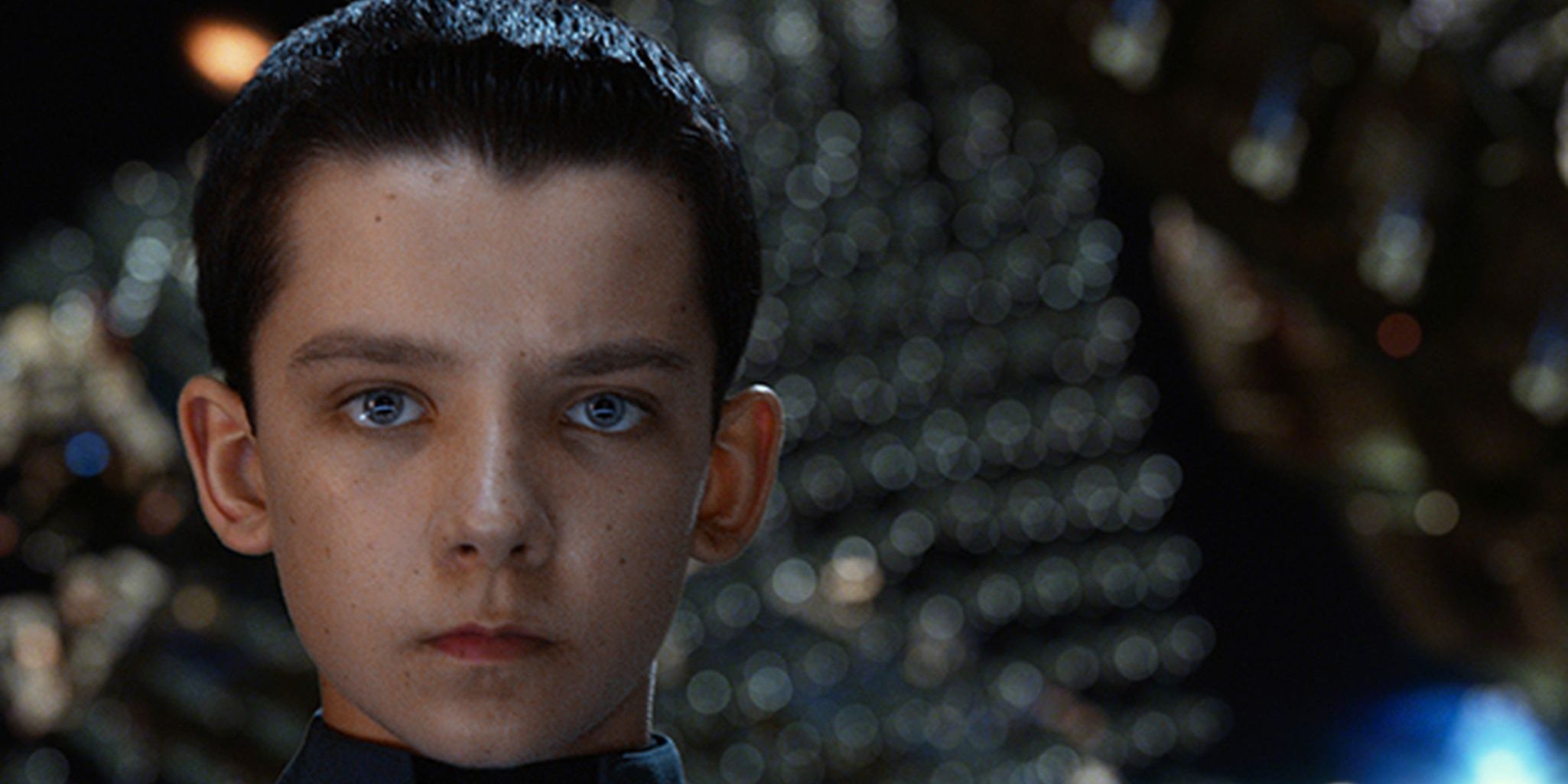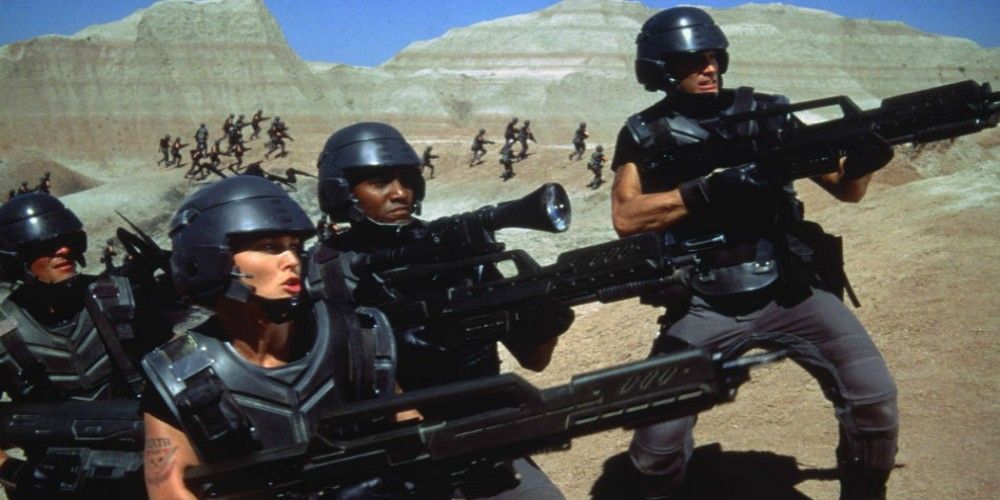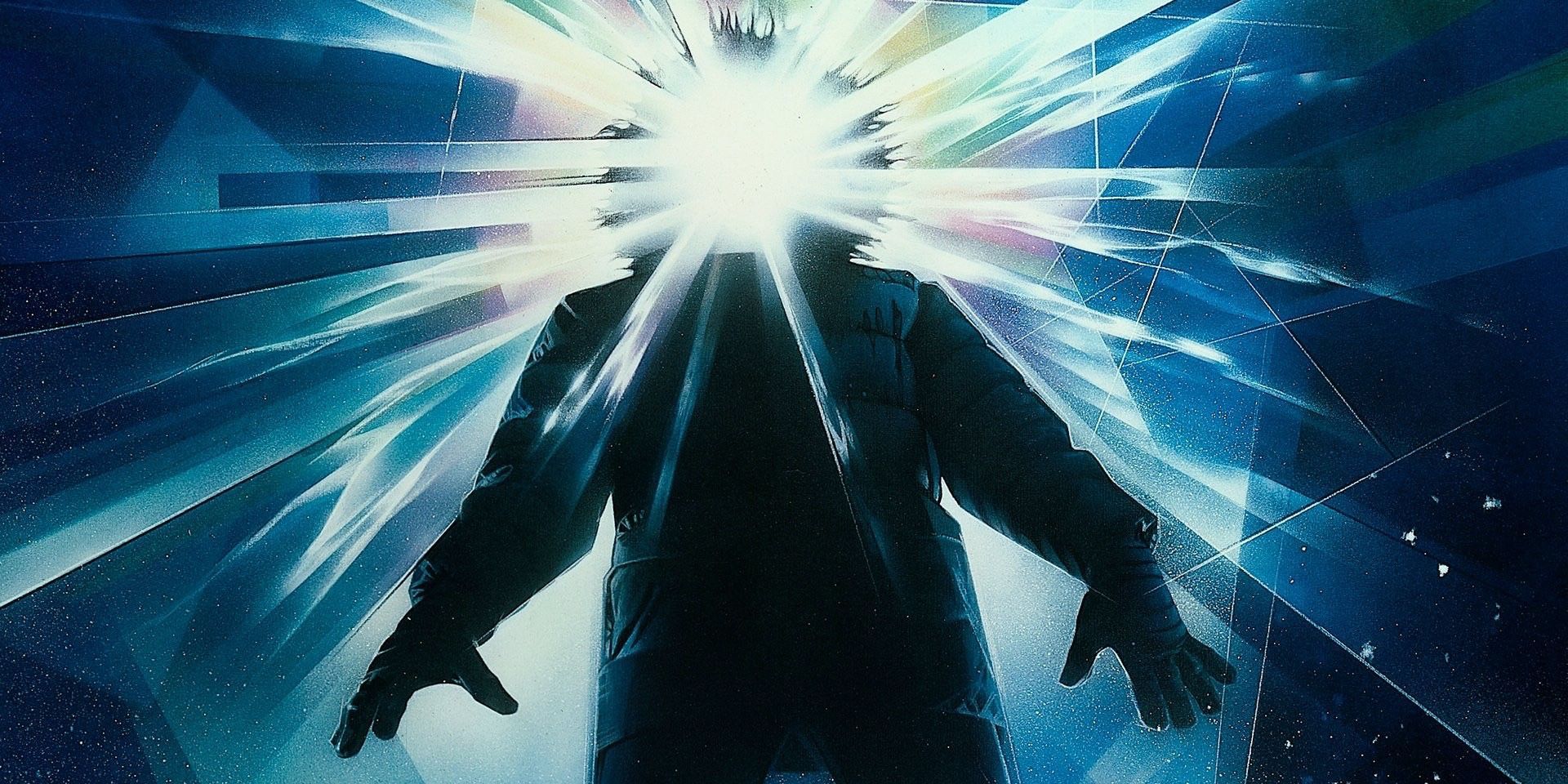Science fiction films have always been an important part of cinema. With an infinite number of possibilities, some aspects of science fiction have even directly contributed to various technological advancements. Granted, while some films have definitely been far better than others, the genre has always held a place within American pop culture.
Furthermore, for as much as the genre has influenced cinema in general, it is surprising to see which films are actually based on books. Though not every film is a perfect adaptation of the source material, there have still been plenty of successes that are simply inspired by a novel’s concept. Looking back at some of the biggest sci fi films over the years, here is our list of 10 sci fi movies based on books.
Blade Runner (1982)
As arguably one of the best science fiction films ever made, Blade Runner is actually based on the novel, Do Androids Dream of Electric Sheep? by Philip K. Dick. While director Ridley Scott deserves a lot of credit for bringing the world of Blade Runner to life, it is actually Philip K.Dick’s original vision that helped make Blade Runner such a hit.
Furthermore, the film is actually pretty different from the novel, keeping many of the same characters and the basic story, but still changing many other details. Overall, between the difference in each version, both forms of media offer a great twist on sci-fi, making it easy to see why the book was adapted in the first place.
Jurassic Park (1993)
Steven Spielberg’s iconic dinosaur movie is considered by many to be an essential watch, even to this day. As a cautionary tale to the advances of science, the film follows a group of people as they try to escape an array of prehistoric predators. However, much like with Spielberg’s film, Jaws (1975), Jurassic Park is based on a novel as well.
Published under the same name, author Michael Crichton released the book three years before the film released. Considering how little time it took for the film to go into production, Crichton’s novel truly succeeded in capturing an audience, making a film adaptation of Jurassic Park only a matter of time.
Iron Giant (1999)
As one of the most beloved animated films of all time, Brad Bird’s The Iron Giant captivated audiences everywhere and still holds a special place in the hearts of many. Interestingly enough, Ted Hughes’ original novel was actually called The Iron Man: A Children’s Story in Five Nights. When it was published in the U.S. though, the name changed to The Iron Giant.
Considering the popularity of Marvel’s Iron Man character today, things would have certainly been confusing had editorial kept the original name. For as wonderful as the film is, it is surprising that it didn’t succeed at the box office. Thankfully though, the following around it today has given the film and the book the recognition the two deserve.
War of the Worlds (1953 & 2005)
H.G. Wells’ popular War of the Worlds story has been adapted several times over the course of many years. In a famous radio broadcast of the story read by Orson Welles, the story famously caused a lot of panic, as some listeners believed the story to be true. However, the film would later go on to receive 2 cinematic adaptations, with one faring much better than the other. Though most may be familiar with the 2005 Tom Cruise version, the 1953 film is far closer to the actual story.
Despite being older, there is still a lot of charm within the classic sci-fi film that makes it a lot of fun to watch, even today. Likewise, fans and critics alike have far better things to say about the older version that make it really hard for the newer movie to measure up to. While Steven Spielberg’s 2005 movie may not be the worst sci-fi film ever made, it is certainly much more of a departure from the War of the Worlds story than the 1953 film.
The Martian (2015)
It is really hard to consider The Martian as science fiction, especially with most of the science being very accurate in both the novel and the film. In regards to the novel specifically, author Andy Weir did an incredible amount of research and wrote a story that is mostly scientifically accurate given the conditions.
Because of this, the movie is also very scientifically accurate. However, since the film leaves some of the processes out, there are a few holes in the film. For those who have read the novel though, there are still many incredible things to appreciate and even learn from in The Martian.
2001: A Space Odyssey (1968)
Stanley Kubrick’’s 2001: A Space Odyssey is considered by many to be one of the greatest cinematic achievements in history. However, this film is also inspired by the short story, The Sentinel, by author Arthur C. Clarke. Interestingly enough, Clarke also contributed to the film’s screenplay, which was later adapted into a full novel.
As one can imagine, there are some pretty substantial differences between the film and the book, especially with the inspiration for the film being so limited. Regardless, the film’s massive success still owes a lot to Clarke’s original vision. For everything 2001: A Space Odyssey has accomplished for film, it makes sense that the source material would also deserve some recognition.
Ender’s Game (2013)
Based on the 1985 novel from Orson Scott Card, the Ender’s Game novel was the first in a long line of other books. Though the movie failed to capture the same success as the novels, there have definitely been far worse book-to-film adaptations. Unfortunately, the world within Ender’s Game is a fantastically built sci-fi experience that only grew as the novels released, making it sad that we won’t continue to see it in live action.
Though the film was decently close to the actual book, the overall reception toward the film was very general. While it hit with the twist at the end, the rest of the film didn’t quite capture the same wonder from the novels, making it easy to see why it ultimately failed.
Minority Report (2002)
As yet another Steven Spielberg film, Minority Report is based upon the story, The Minority Report, from author Philip K. Dick. With the original story released in 1956, there are still some substantial differences between the book and the film.
In fact, virtually everything is different aside from the fact that Precogs predict crimes that haven’t happened yet. While the film is still great in its own right, it is hard to say if fans of the film would still enjoy the novel. Some of the themes still remain the same, but with so much time between the two, a lot of the then-current parallels to society didn’t find their way into the more modern film.
Starship Troopers (1997)
Starship Troopers is a widely popular cult film and a very hilarious spoof involving the sci-fi genre. Originally, the film was actually going to be called "Bug Hunt at Outpost Nine," but the studio was eventually able to license the name of the Robert A. Heinlein novel, Starship Troopers.
Because of the last minute change up, the book and the movie are two completely separate things. The book has generally been described as having a lot of pro-war themes woven into the plot, while the film has the opposite. However, the film was also met with relatively poor reception, only gaining a following after its initial release. While the reception towards the Starship Troopers film is mixed, it still has a very interesting history and relationship with the source material.
The Thing (1982 and 2011)
Surprisingly, the original The Thing was hated upon its initial release. It wasn’t until several years later where people came to realize its brilliance, now hailing it as one of the best contributions to science fiction ever. While the 2011 version of the film has yet to garner the same reputation, both films are actually based on the novel, Who Goes There? By John W. Campbell.
John Carpenter’s The Thing actually falls pretty close to the events of the book. While there are still some differences, fans of the novel could easily come to appreciate the film. Likewise, with the book being held in such high regard, it would make sense for the film to as well. Overall, for how simple the concept is, The Thing remains one of the best sci-fi films not only based on a book, but of all time as well.

